Top Foods for a Healthy Heart: Boost Your Cardio Health
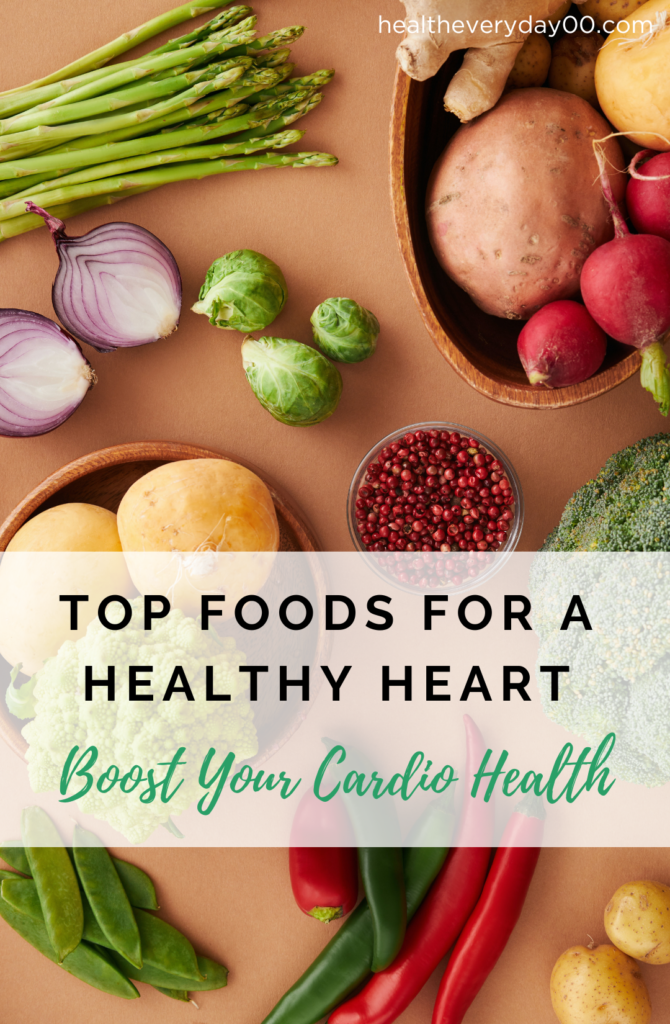
Introduction
Maintaining a healthy heart is essential for overall well-being and longevity. Diet plays a significant role in cardiovascular health, and incorporating heart-healthy foods into your daily meals can help reduce the risk of heart disease and improve your quality of life. This article explores the top foods for a healthy heart and provides tips for maintaining a heart-healthy lifestyle.
Why is Heart Health Important?
Heart health is crucial because the heart is responsible for pumping blood throughout the body, delivering essential oxygen and nutrients to all organs and tissues. Poor heart health can lead to a variety of issues, such as high blood pressure, heart attack, stroke, and heart failure. By taking care of your heart, you’re also supporting your overall health and well-being.
The Role of Diet in Cardiovascular Health
Diet plays a vital role in maintaining cardiovascular health. Consuming a balanced diet rich in nutrients, fibre, and healthy fats can help lower cholesterol levels, reduce blood pressure, and decrease inflammation, which are all risk factors for heart disease. On the other hand, a diet high in saturated and trans fats, added sugars, and sodium can increase your risk of developing heart-related issues. By making informed food choices, you can boost your heart health and reduce your risk of heart disease.
Top Heart-Healthy Foods
Incorporating these heart-healthy foods into your diet can significantly improve your cardiovascular health:
Leafy Green Vegetables
Rich in vitamins, minerals, and antioxidants, leafy greens like spinach, kale, and collard greens can help reduce inflammation and lower blood pressure. They also contain nitrates, which can improve blood vessel function and support overall heart health.

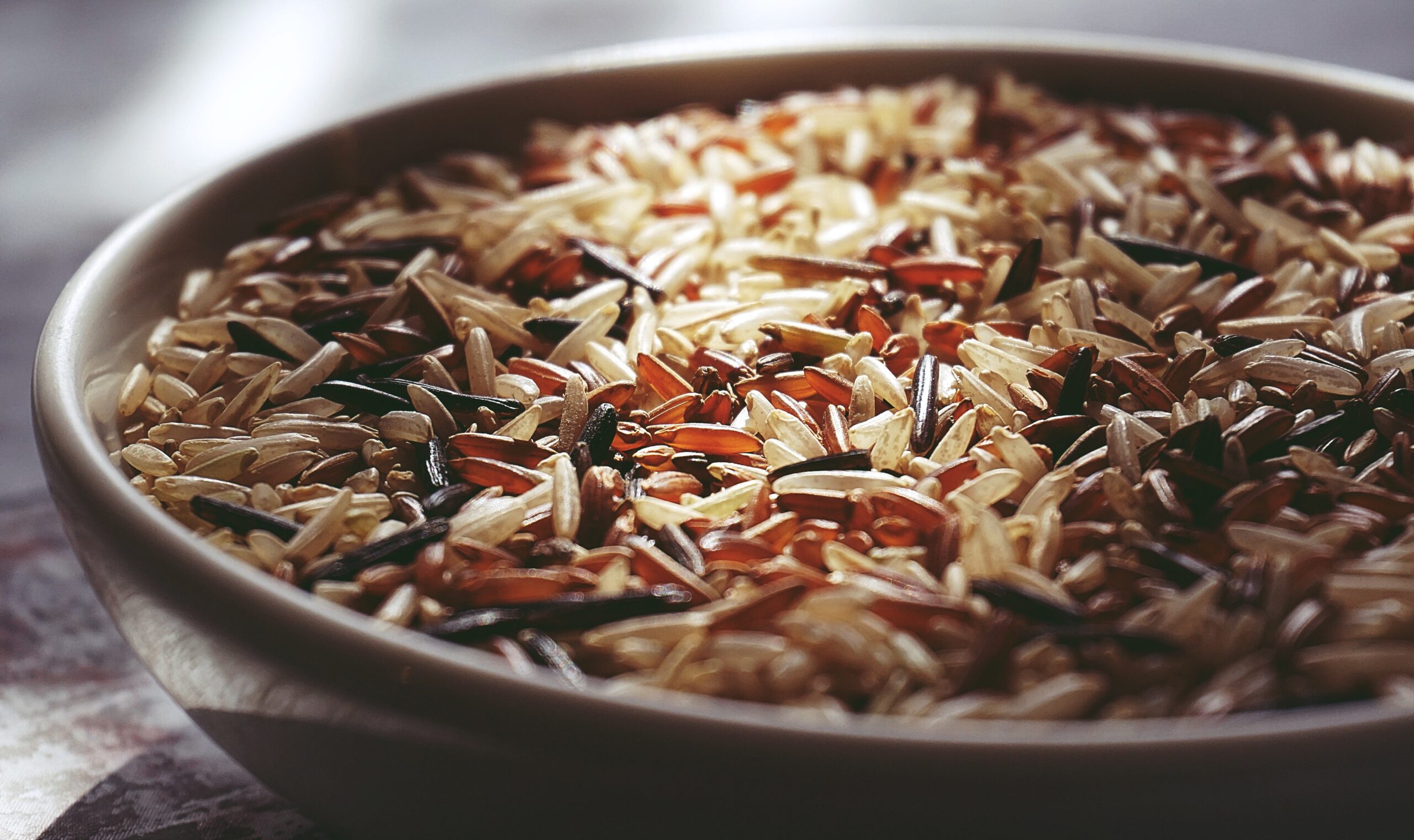
Whole Grains
Whole grains such as brown rice, quinoa, and whole wheat bread are high in fibre, which can help lower cholesterol levels and reduce the risk of heart disease. They also provide essential nutrients like B vitamins, iron, and magnesium.
Berries
Packed with antioxidants and fibre, berries like blueberries, strawberries, and raspberries can help reduce inflammation, lower cholesterol levels, and support heart health.


Fatty Fish
Salmon, mackerel, and sardines are rich in omega-3 fatty acids, which have been shown to reduce inflammation, lower blood pressure, and decrease the risk of heart disease.
Nuts and Seeds
Almonds, walnuts, flaxseeds, and chia seeds are excellent sources of healthy fats, protein, and fibre. Regular consumption of nuts and seeds can help lower cholesterol levels, reduce inflammation, and support overall heart health.
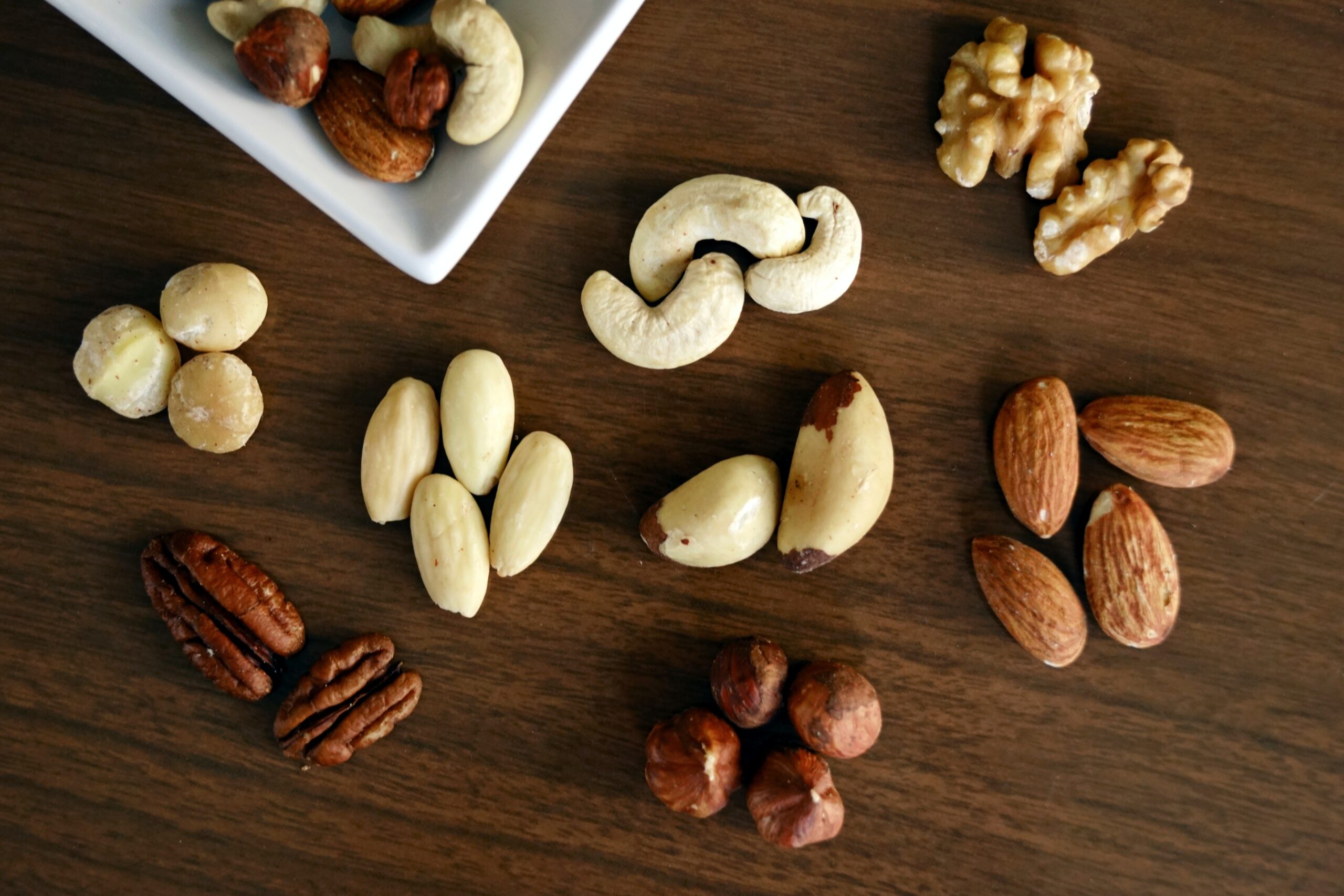

Beans and Legumes
Beans, lentils, and peas are high in fibre, protein, and essential nutrients. They can help lower cholesterol levels, improve blood sugar control, and decrease the risk of heart disease.
Olive Oil
Rich in monounsaturated fats and antioxidants, olive oil can help reduce inflammation, lower cholesterol levels, and support heart health. Opt for extra-virgin olive oil for the highest antioxidant content.
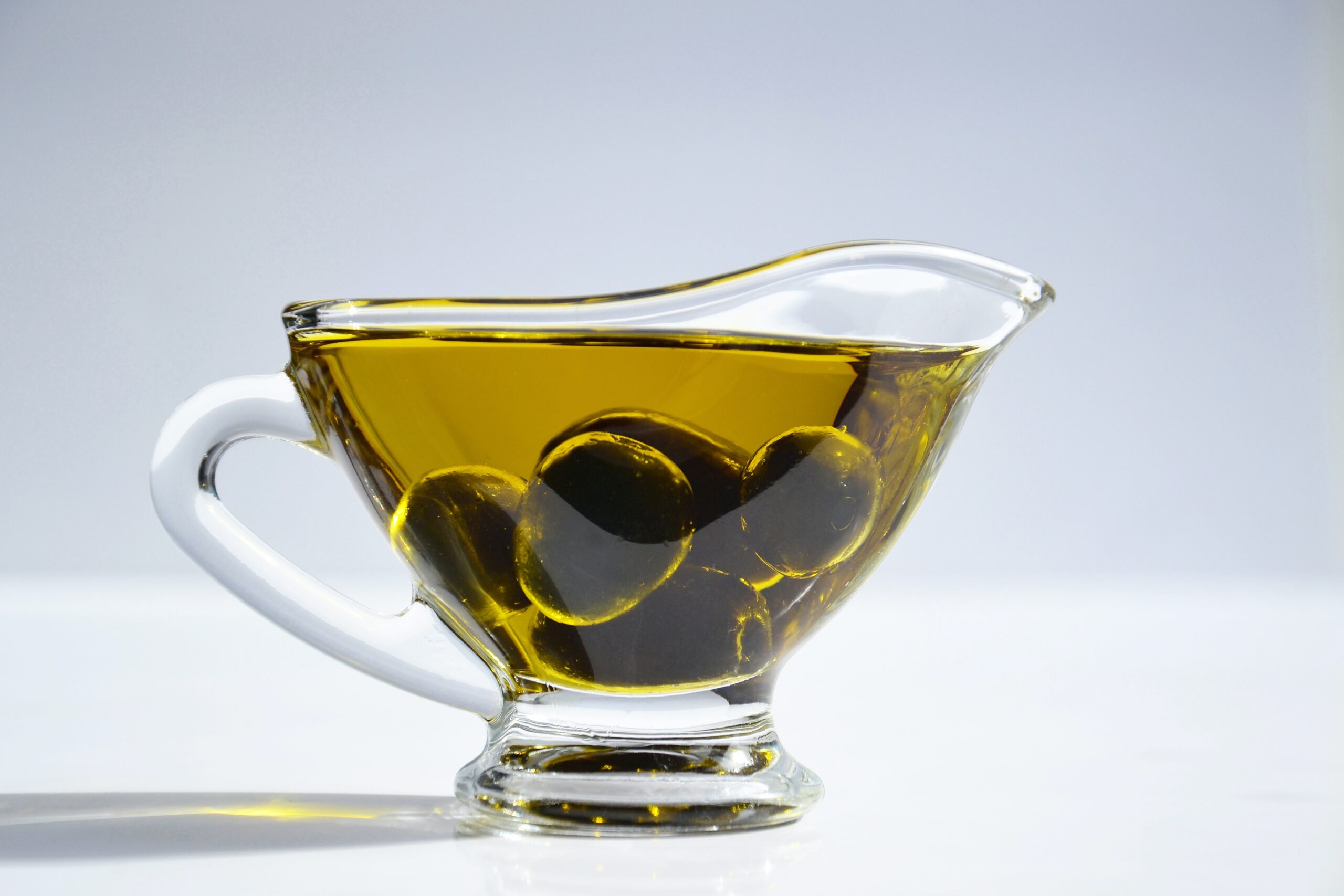
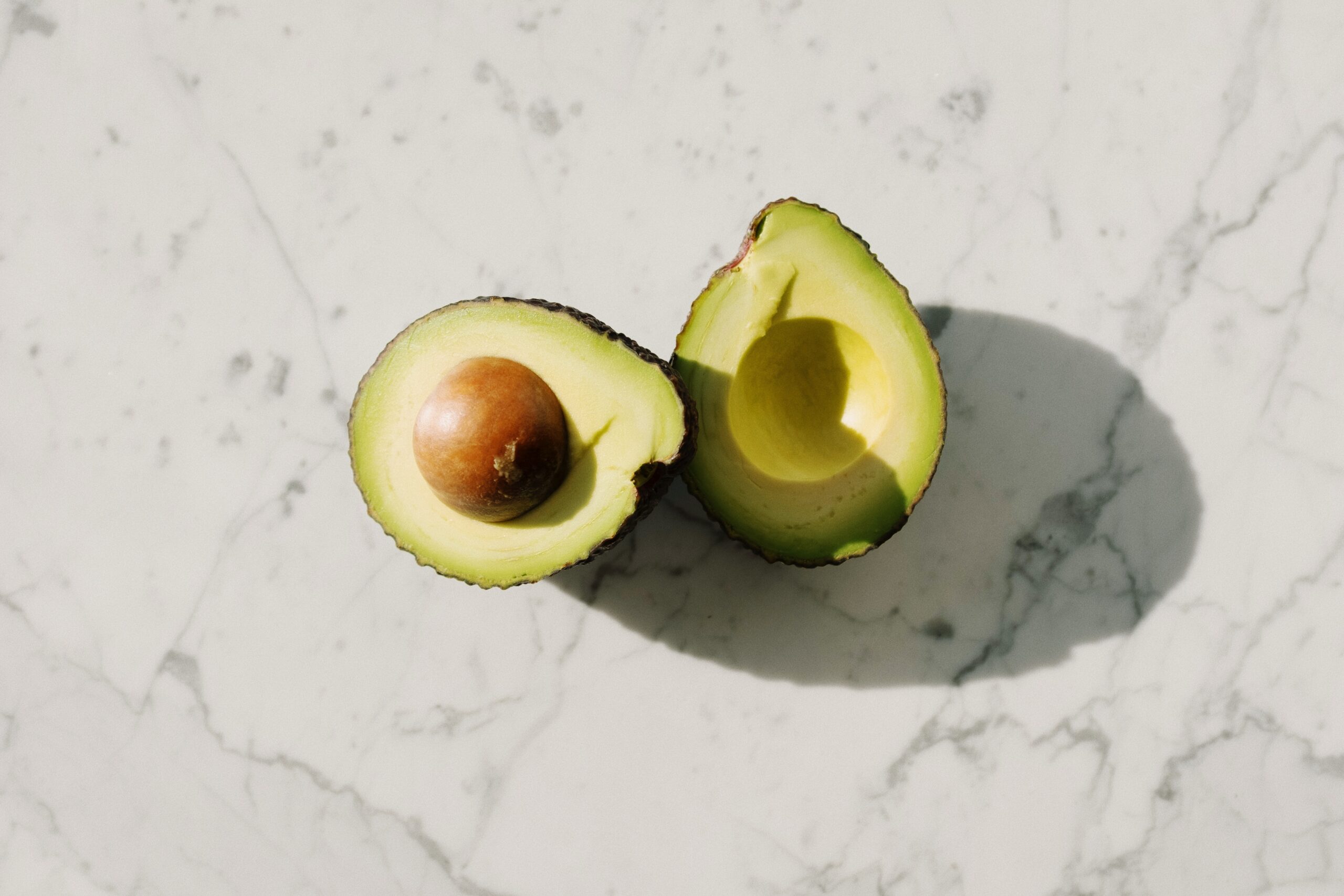
Avocado
Avocados are a great source of heart-healthy monounsaturated fats and potassium, which can help lower blood pressure and improve overall cardiovascular health.
Dark Chocolate
High-quality dark chocolate (with at least 70% cocoa content) is packed with antioxidants and can help lower blood pressure, improve blood flow, and reduce inflammation.

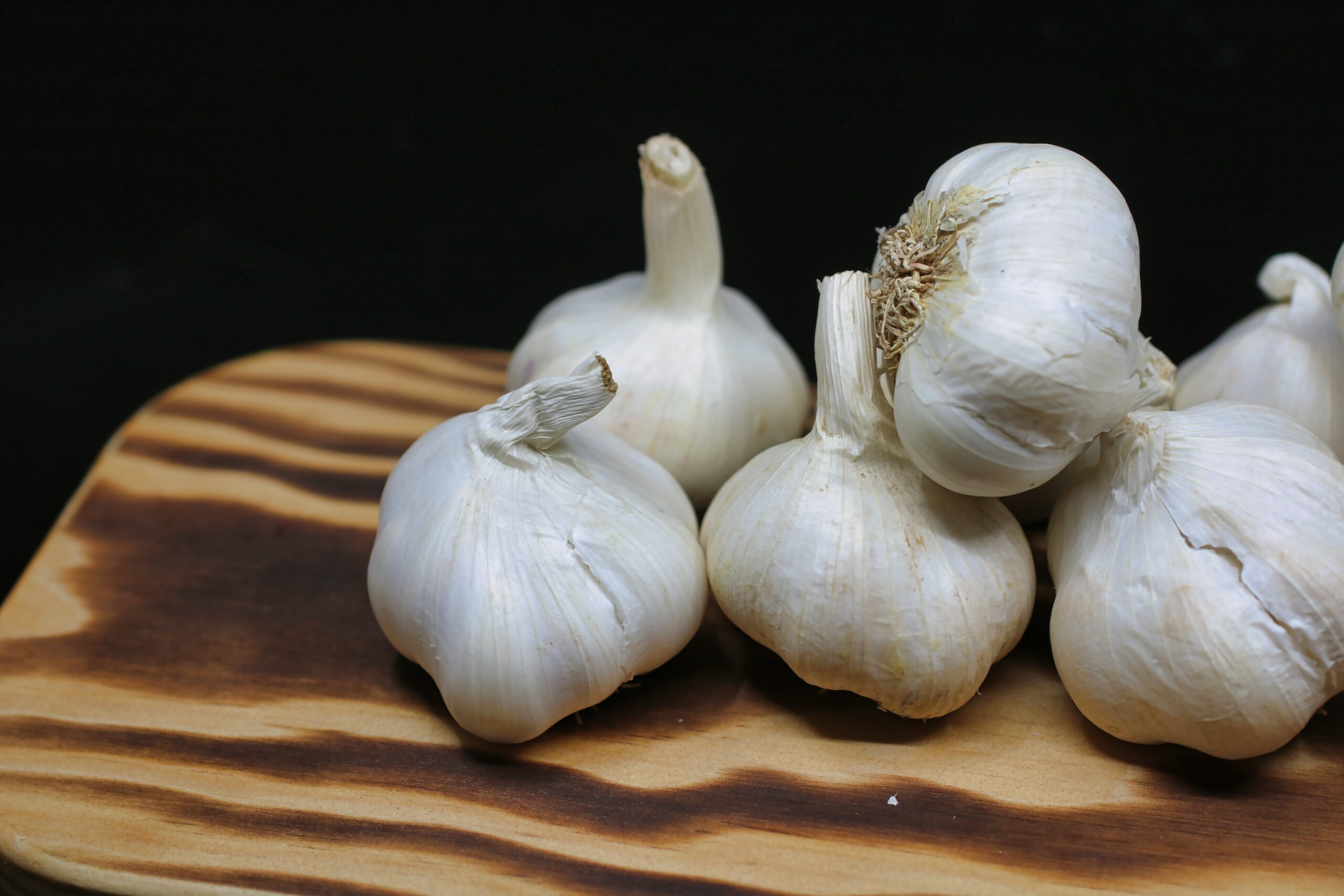
Garlic
Garlic has been shown to have numerous heart-healthy benefits, including lowering blood pressure, reducing cholesterol levels, and preventing plaque buildup in arteries.
Heart-Healthy Diets
In addition to incorporating heart-healthy foods into your diet, consider adopting a heart-healthy eating plan, such as:
Mediterranean Diet
This diet focuses on consuming fruits, vegetables, whole grains, legumes, nuts, and healthy fats like olive oil, along with moderate amounts of fish, poultry, and dairy products. The Mediterranean diet has been linked to improved heart health and a reduced risk of heart disease.
DASH Diet
The Dietary Approaches to Stop Hypertension (DASH) diet aims to lower blood pressure and improve heart health by focusing on fruits, vegetables, whole grains, lean proteins, and low-fat dairy products while limiting sodium, saturated fats, and added sugars.
Tips for a Heart-Healthy Lifestyle
- Here are some tips for maintaining a heart-healthy lifestyle:
- Focus on incorporating a variety of heart-healthy foods into your diet.
- Exercise regularly to improve cardiovascular fitness and maintain a healthy weight.
- Limit alcohol consumption and avoid smoking.
- Manage stress through activities like meditation, yoga, or deep breathing exercises.
- Get regular check-ups and monitor your blood pressure, cholesterol levels, and other heart health indicators.
Suggested Supplements for Heart Health
While a balanced diet should provide most of the nutrients necessary for heart health, some people may benefit from specific supplements, such as:
Omega-3 fatty acids
Omega-3 fatty acids, particularly eicosapentaenoic acid (EPA) and docosahexaenoic acid (DHA), have been shown to reduce inflammation, lower triglyceride levels, and decrease the risk of heart disease. They can be found in fish oil supplements or algae-based supplements for those who follow a vegetarian or vegan diet. It is generally recommended to consume 250 to 500 mg of combined EPA and DHA daily, but it’s essential to consult with a healthcare professional to determine the appropriate dosage for your individual needs.
Coenzyme Q10 (CoQ10)
CoQ10 is a naturally occurring antioxidant that plays a crucial role in energy production within the cells, particularly in the heart. Some studies suggest that CoQ10 supplementation can improve heart function, reduce oxidative stress, and lower the risk of heart-related issues. The recommended dosage for CoQ10 can vary between 100 to 200 mg per day, but it’s essential to consult with a healthcare professional for personalised advice.
Magnesium
Magnesium is an essential mineral involved in numerous bodily functions, including muscle contraction, nerve function, and blood pressure regulation. Research indicates that magnesium supplementation may help lower blood pressure, reduce the risk of heart disease, and support overall heart health. The recommended daily intake of magnesium for adults ranges from 310 to 420 mg, depending on age and gender. However, it’s best to consult with a healthcare professional to determine the appropriate dosage and form of magnesium supplementation for your individual needs.
Plant sterols and stanols
Plant sterols and stanols are naturally occurring compounds found in plant-based foods that can help lower LDL (bad) cholesterol levels. They are available in supplement form or as an ingredient in certain fortified foods, such as margarines and spreads. Consuming 2 grams of plant sterols or stanols daily has been shown to reduce LDL cholesterol by 10% to 15%. As always, consult with a healthcare professional before starting any new supplements.
L-carnitine
L-carnitine is an amino acid that plays a role in energy production and may have potential heart health benefits. Some studies suggest that L-carnitine supplementation can improve heart function, reduce angina symptoms, and decrease the risk of heart failure. The recommended dosage for L-carnitine varies depending on individual needs and health conditions, so it’s crucial to consult with a healthcare professional for personalised guidance.
Before starting any supplements, it’s essential to consult with a healthcare professional to determine the best approach for your individual needs and consider potential interactions with medications or existing health conditions. Remember that supplements should not replace a healthy diet and lifestyle but may offer additional support for heart health when used appropriately.
Conclusion
Incorporating heart-healthy foods into your diet and adopting a heart-healthy lifestyle can significantly improve cardiovascular health and reduce the risk of heart disease. By focusing on nutrient-dense foods like leafy green vegetables, whole grains, berries, fatty fish, nuts and seeds, beans and legumes, olive oil, avocado, dark chocolate, and garlic, you can support your heart’s overall health and well-being. Pair these dietary choices with regular exercise, stress management, and regular check-ups to further boost your heart health and enjoy a healthier, happier life.



